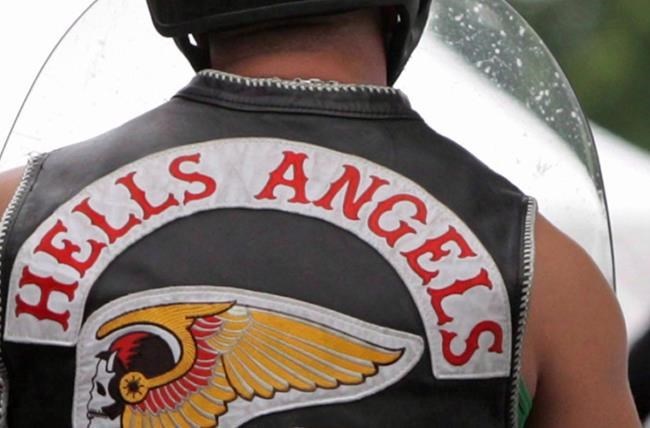OTTAWA — The Supreme Court of Canada's refusal to hear a Hells Angels challenge of B.C.'s forfeiture of three clubhouses will "put criminals on notice," the province's pubic safety minister says.
The high court ended a years-long court battle on Thursday as it refused to hear an appeal of the seizure of the clubhouses in East Vancouver, Nanaimo, and Kelowna.
Mike Farworth, B.C.'s attorney general and public safety minister, said in a statement the court's decision "confirms that the tools we use to combat organized crime are constitutional and put criminals on notice.
"My message to those involved in organized crime: We will continue to go after your clubhouses, expensive cars, front businesses and luxury goods. You will not profit from any crime you commit in British Columbia."
Members of Hells Angels' chapters in Nanaimo, Vancouver and Kelowna sought to overturn a B.C. Court of Appeal decision that stripped them of ownership of the clubhouses.
Farnworth said the B.C. government will now sell the properties "and use the proceeds to support victims of crime."
The B.C. Appeal Court had overturned a lower-court ruling in favour of the biker gang in February 2023, ordering the clubhouses forfeited as “instruments of unlawful activity.”
It found the original trial judge was wrong to reject a claim under the province's Civil Forfeiture Act, having found “no evidence” that the three Hells Angels’ clubhouses were used for the planning or commission of crimes.
The Appeal Court ruling issued earlier this year said there was an "inescapable" inference that the clubhouses would continue to be used for criminal activity because chapter members had “committed serious crimes” in the past and relied on their clubhouses as a "safe space” to plan or commit criminal acts.
Lawyers for the Hells Angels appealed to the Supreme Court of Canada on grounds including that B.C. had overstepped its powers in allowing certain civil forfeitures, and that the Appeal Court had "caused unfairness" by "reframing" and "reinterpreting" the case against the organization.
The legal battle for the Nanaimo clubhouse dates back to 2007, and the Kelowna and East Vancouver properties were added back in 2012.
The province became the registered owner of all three properties in March, and the Hells Angels filed an appeal to the Supreme Court of Canada a month later, days after the locks had been changed at the clubhouses.
The appeal to Canada's high court was brought by Angel Acres Recreation and Festival Property Ltd., and club members with ownership interests in the properties, Ronald Cameron, John Bryce, Mitchell Riley, Stanley Gillis, Kim Harmer, Richard Goldammer and Damiano Di Popolo.
Their lawyers Alison Latimer and Daniel Song did not immediately respond to a request for comment, while Greg DelBigio said he had no comment on the Supreme Court of Canada's decision Thursday.
As is customary in its rulings on leave applications, the Supreme Court of Canada did not provide reasons for its dismissal of the case, but the issue of legal costs remains open.
This report by The Canadian Press was first published Oct. 12, 2023.
The Canadian Press



